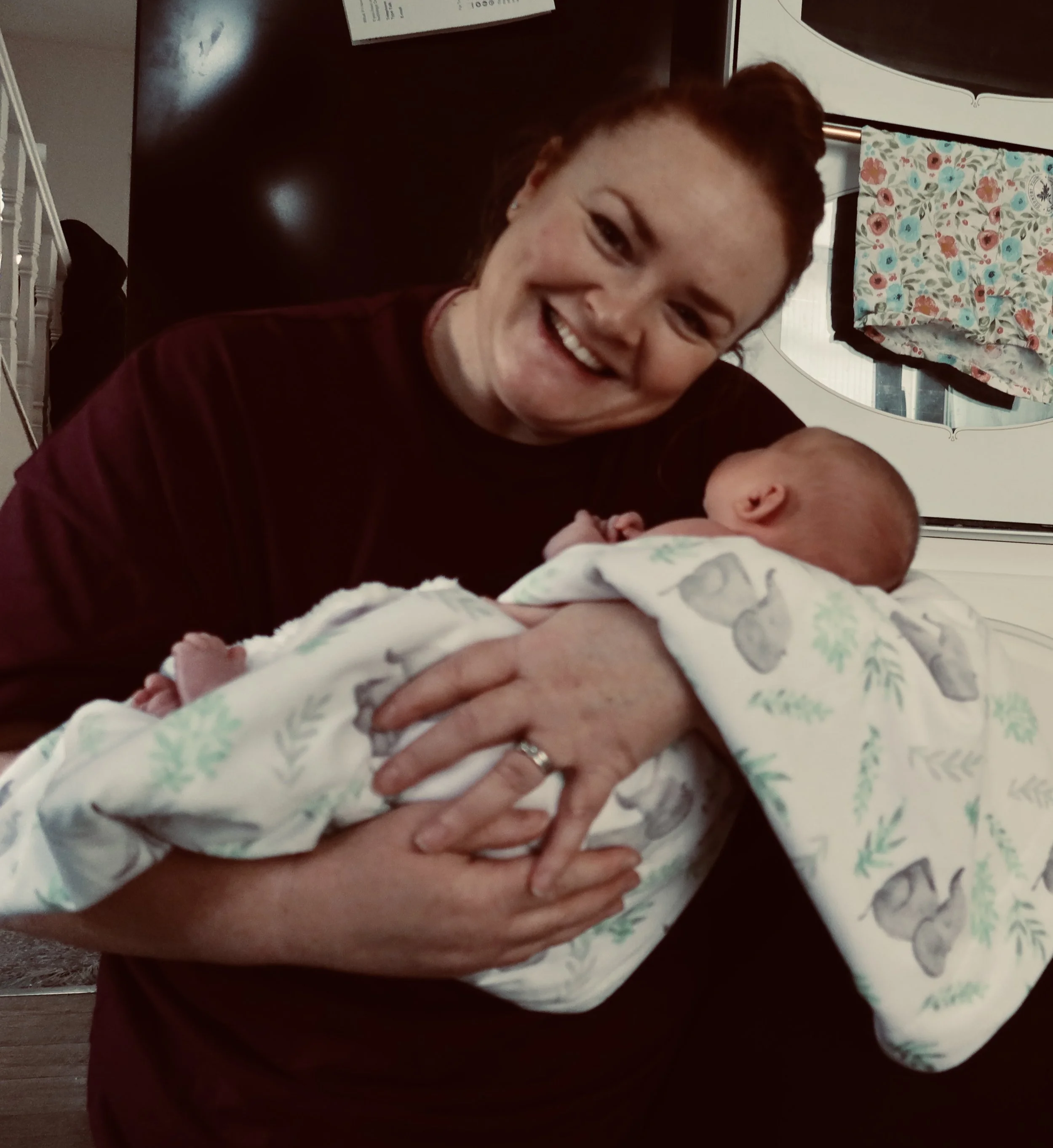The fourth trimester
Postnatal care has for many years been termed the Cinderella service of maternity services. It is a time of immense physical & emotional changes where intense support is often needed and not received. Many women find this time very difficult, transitioning to motherhood whilst often feeling exhausted, in pain, overwhelmed and worried while meeting all of our new little humans needs 24/7.
As standard most women receive on average of about 3 postnatal visits from a midwife with the NHS before care being handed over to the health visiting service, although this can vary depending on individual needs it is not uncommon for most women to receive only minimum home visits postpartum. Care is sometimes given at the local maternity unit for some appointments where new mothers are expected to travel to. A stark contrast In comparison to the care received during pregnancy, pretty inadequate given the intensity of this time.
The standard and quality of care given in the postpartum period go a long way in improving maternal satisfaction and health outcomes. Unfortunately this is not always achievable in NHS maternity services. Pressures, staffing and time restrictions make delivering the care midwives often want to give quite difficult.
So much time and preparation goes into preparing for the labour, birth and baby’s arrival and often thinking beyond the time that we meet our baby’s for the 1st time is often overlooked. We enter into the unknown with our new bundles of joy and underestimate the intensity of the coming days and weeks.
The postpartum period has been termed as the fourth trimester, a continuation of the journey to motherhood. Why should the care we afford ourselves during our pregnancies in looking after our growing babies just stop once they are here? We need to continue the nurturing of our mind, body and souls as we care for our young. How can we give our all if we are running on empty? Lack of sleep, feeling pressured to entertain visitors & keep the house tidy, needing to go out and show baby off, feeling we need to be dressed and made up as that’s how new mothers are often portrayed in the media.
We forget to eat and drink, or eat food that is not particularly nutritious as it is easier, we don’t rest when baby is sleeping and become so overwhelmed with all of the changes.
I am a strong advocate for creating a love nest after the birth of your baby and preparing for this time during the antenatal period. Prepare in advance some lovely hearty nutritious food, energy dense meals and snacks that you can freeze, ask family and friends to bring meals to you (everyone asks if there is anything you need so don’t be scared to say yes!). Create a comfortable environment where you can feed your baby and rest when he/she is sleeping. Close the curtains, turn your phone onto silent and indulge in some new family time, get to know each other and let your body heal. Take the time. Don’t rush this process. Allow time to rest, heal and let the oxytocin do its thing.
Becoming a mother is such an amazing but intense and incredibly hard experience. Women are warriors and even the strongest need care and nurturing.


